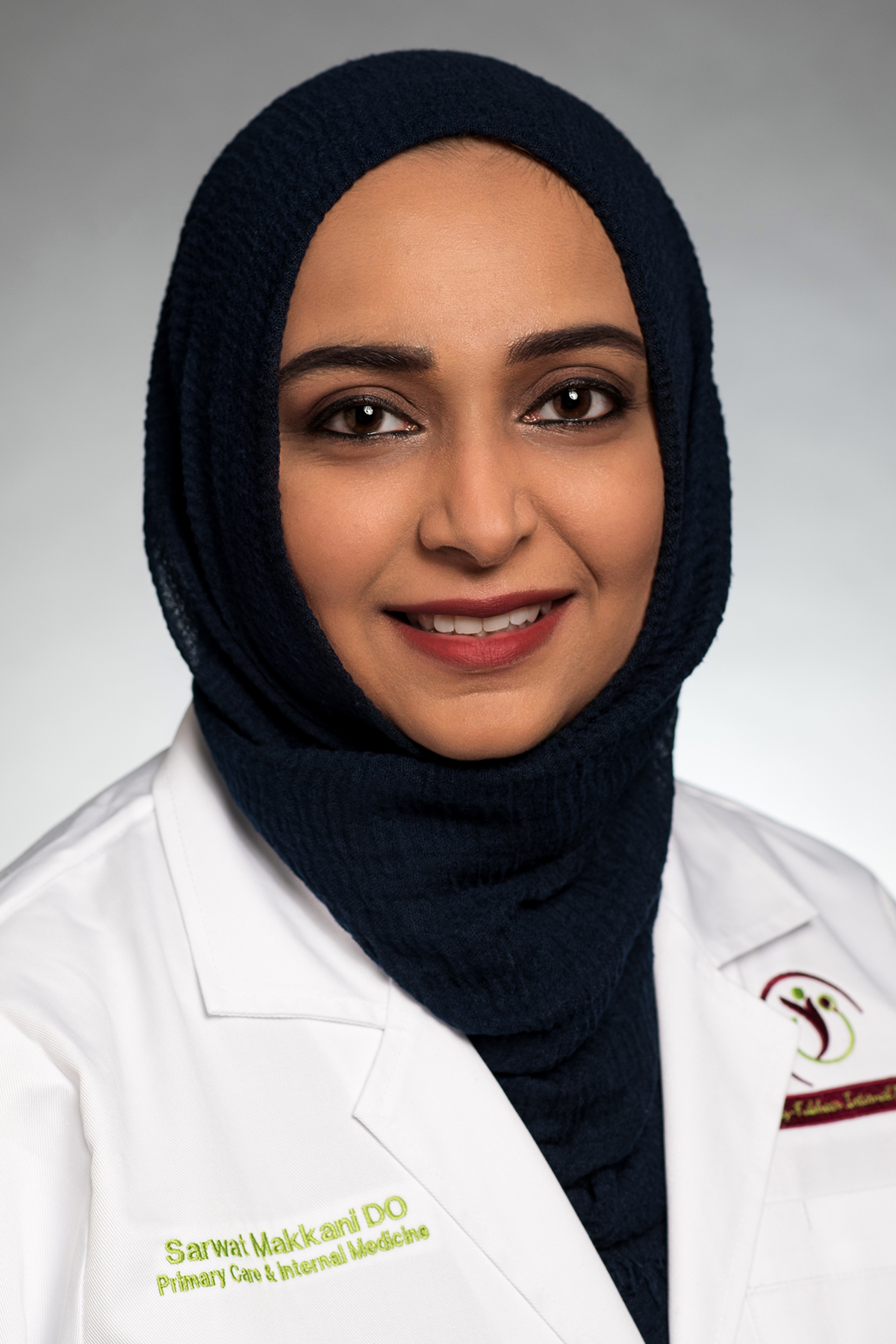What is Diabetes?
The food you eat is broken down into glucose and released into the bloodstream. The rise in blood glucose signals the pancreas to release insulin which functions to let the cells use the glucose for energy. hen there isn’t enough insulin or cells stop responding to insulin, too much blood sugar stays in your bloodstream. Over time, that can cause serious health problems, such as heart disease, vision loss, and kidney disease. It is the 7th leading cause of death in the United States and is likely quite underreported. Alarmingly, in the last 20 years, the number of adults diagnosed with diabetes mellitus has more than doubled in the United States. This is only expected to worsen as the population ages and obesity increases.
There are two main types of diabetes:
Type 1 Diabetes is an autoimmune condition that destroys the insulin-producing pancreatic cells. Approximately 5-10% of people diagnosed with diabetes have Type 1 which is generally evident in childhood or adolescent years. There is no cure or prevention for Type 1 diabetes. Patients with Type 1 diabetes have to use insulin daily to survive. Approximately 5 to 10% of the cases of diabetes or due to Type 1.
Type 2 Diabetes is due to the body not being able to utilize the insulin produced by the pancreas due to reduced sensitivity. Most adults have Type 2 diabetes. You may not have any symptoms, so it’s important to get your blood sugar tested to screen. Type 2 diabetes can be prevented or delayed with healthy lifestyle changes, such as losing weight, eating healthy food, and being active. Type 2 diabetes accounts for approximately 90 to 95% of all diagnosed cases.
In the United States, 1 in 3 adults has prediabetes which is when blood sugars are higher than normal but not high enough to be diagnosed with Type 2 diabetes. If not intervened early on with timely screening and lifestyle changes it will progress to Type 2 diabetes. People with prediabetes are also at high risk for heart disease and stroke.
Call (346)500-5342 or email info@katyfulshearim.com to find out how we can help with lifestyle changes and diabetes management.


